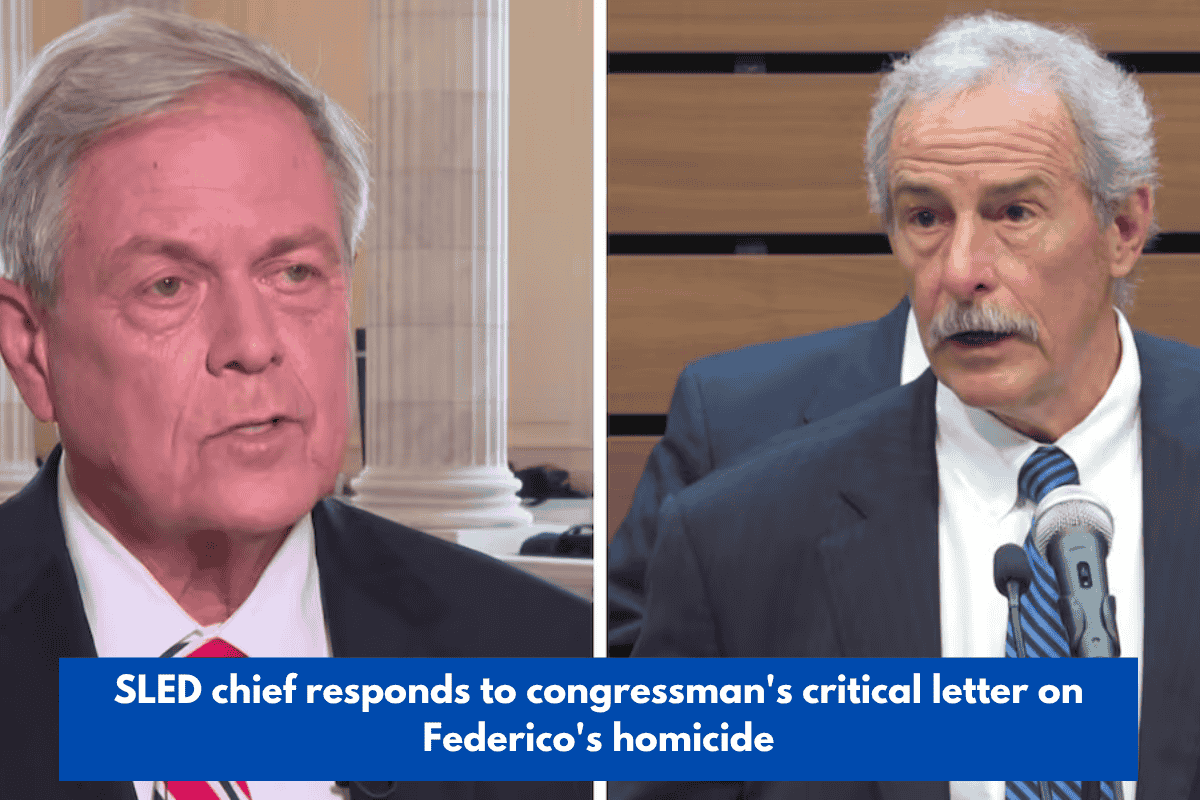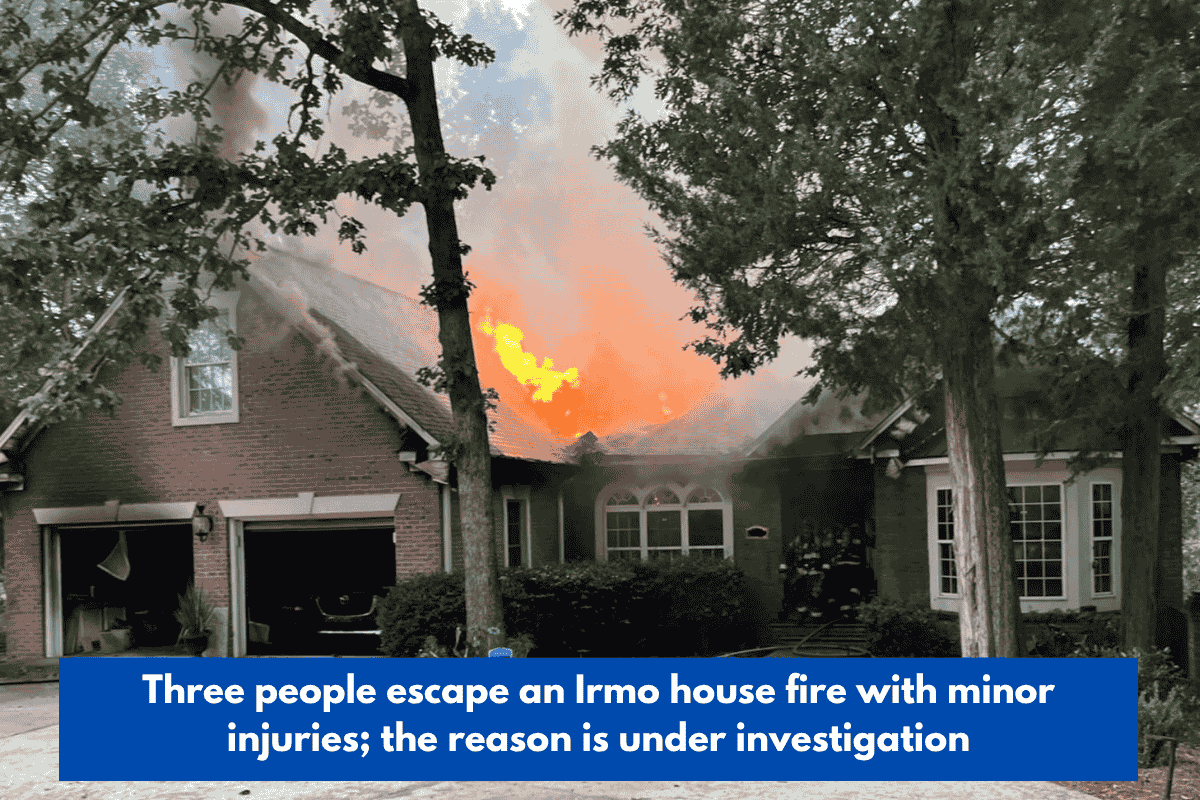The legal battle surrounding former President Donald Trump’s New York state felony hush-money case continues to evolve as his defense team fights to move the case from state court to federal court. Trump’s attorneys, supported by the U.S. Department of Justice (DOJ), are arguing that there is “good cause” for removing the case to federal court, claiming that the legal implications of presidential immunity and certain defenses could only be raised after a landmark Supreme Court ruling.
The Court Hearing and Legal Arguments
On Wednesday, the 2nd U.S. Circuit Court of Appeals began hearing arguments regarding Trump’s effort to remove the case from state court. The case has been ongoing since Trump was convicted of 34 state felony charges, with the prosecution linking a federal election law violation to the state crime. The defense team, led by Jeffrey Wall, former Acting Solicitor General of the U.S., argued that the case should be handled in federal court due to the involvement of official acts, which were central to the prosecution’s case and which the Supreme Court ruled were subject to presidential immunity.
The panel, consisting of three judges appointed by Democratic presidents, questioned both Trump’s legal team and the Manhattan District Attorney’s office on the issue of “good cause” for the removal. Wall argued that the use of federal election law violations as a predicate for a state crime was an unprecedented situation, making the case “anomalous” and deserving of federal jurisdiction.
The Dispute Over “Good Cause” for Removal
The key legal issue revolves around whether Trump has provided sufficient justification for filing a second notice of removal after his state court conviction. Wall emphasized that Trump had no opportunity to raise certain defenses earlier, particularly in light of the Supreme Court’s immunity ruling, which clarified presidential immunity and restricted the use of evidence related to official acts. This ruling, according to Wall, gives Trump the right to remove the case to federal court.
The prosecution, represented by Steven Wu from the Manhattan DA’s office, countered that the defense team had made a strategic decision to wait until after the trial to raise these issues. Wu argued that the delay in filing the removal notice was deliberate and should not be rewarded with another chance to move the case to federal court. He also pointed out that Trump’s defense team had previously been aware of the potential for federal immunity issues and could have raised them sooner.
Legal Precedents and the Removal Statute
The DOJ’s brief echoed Trump’s legal team’s argument, stating that the case qualifies for post-judgment removal based on the Supreme Court’s ruling, which was issued after the state trial concluded. The brief argued that the immunity ruling fundamentally changed the legal landscape, making federal court jurisdiction appropriate to address the concerns raised by Trump’s defense. The DOJ further emphasized that other circuits have allowed post-judgment removal in similar cases, providing legal backing for Trump’s team.
The defense also stressed that the district court’s initial refusal to allow the removal was an error. The team argued that the trial itself, particularly the use of presidential acts as evidence, should have been handled in federal court due to the involvement of the President’s official duties.
The Next Steps and Potential Outcomes
The case is now in the hands of the 2nd U.S. Circuit Court of Appeals, which will decide whether to allow the removal to federal court. If the court rules in Trump’s favor, the case could be transferred to federal jurisdiction, potentially halting the ongoing state appeals process. However, the Manhattan DA’s office continues to argue that the case should remain in state court, where Trump has already been convicted and sentenced.
In their filing, the DA’s office stated that the removal process is no longer applicable now that Trump has been sentenced, arguing that even if removal were possible, Trump should not be allowed another opportunity to delay proceedings. The outcome of this appeal could have significant implications for Trump’s ongoing legal battles and his future in both state and federal courts.














